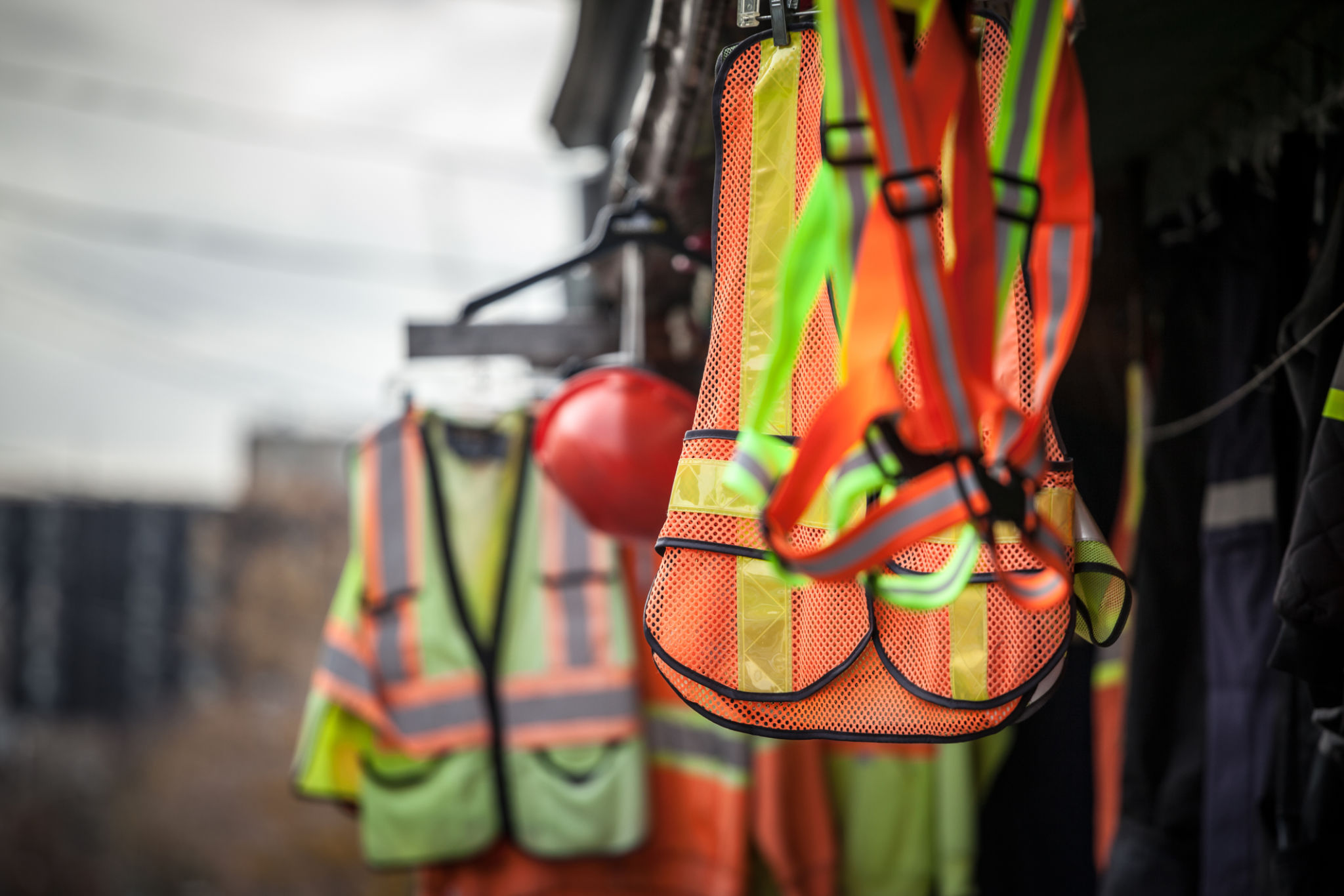Understanding Local Building Regulations: A Guide for Homeowners
Introduction to Local Building Regulations
When planning a home renovation or building project, understanding local building regulations is crucial. These rules ensure that constructions are safe, sustainable, and in harmony with community standards. However, navigating these regulations can be daunting for homeowners.

Why Building Regulations Matter
Building regulations are in place to maintain safety and quality standards in construction. They cover a wide range of aspects, including structural integrity, fire safety, and environmental impact. Ensuring compliance not only protects your investment but also guarantees the safety of your family and neighbors.
Key Elements of Building Regulations
Local building regulations can vary significantly depending on the region. However, they generally include guidelines on:
- Structural Safety: Ensuring that buildings can withstand various stresses and loads.
- Fire Safety: Implementing measures to prevent fires and enable safe evacuation.
- Energy Efficiency: Encouraging the use of materials and designs that reduce energy consumption.

Steps to Ensure Compliance
To comply with local building regulations, homeowners should follow a systematic approach:
- Research local regulations before starting any project.
- Consult with professionals such as architects and contractors who are familiar with these rules.
- Submit necessary plans and documents to the local building authority for approval.
- Ensure that all construction work is inspected and approved at different stages.
Common Challenges and Solutions
Navigating building regulations can present several challenges. Homeowners might face delays due to bureaucratic processes or unexpected compliance requirements. To mitigate these issues:
- Plan Ahead: Allow extra time for approvals and inspections.
- Stay Informed: Regularly check for updates in local regulations that might affect your project.
- Seek Professional Help: Hiring experienced professionals can streamline the compliance process.

The Role of Building Inspectors
Building inspectors play a vital role in ensuring compliance with regulations. They are responsible for reviewing plans, conducting site visits, and confirming that construction meets all necessary standards. Establishing a good relationship with inspectors can facilitate smoother project execution.
Conclusion: The Importance of Due Diligence
Understanding and following local building regulations is essential for any homeowner planning construction projects. While it may seem cumbersome, due diligence in this area ensures safety, legality, and ultimately, peace of mind. Engaging with knowledgeable professionals and proactively managing compliance can help you navigate this complex terrain successfully.
